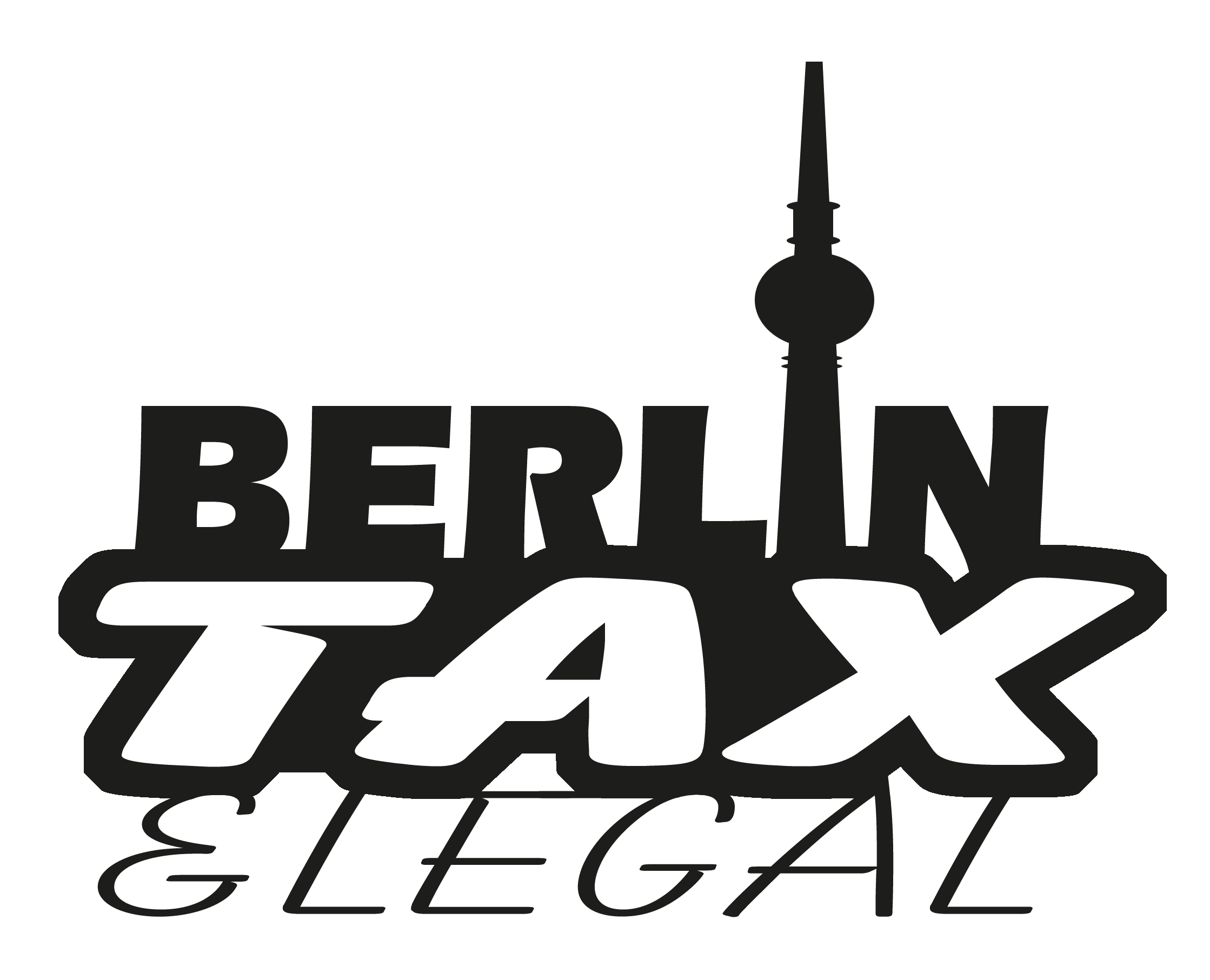Due to international tax-law abuse discussions at OECD level and elsewhere (tackling Base Erosion and Profit Shifting, BEPS) Germany has made a move and introduced legislation according to which (in a nutshell) it is tax detrimental for Germany-based taxpayers to pay license fees to non-resident licensors if such licensor benefits from specific foreign IP tax regime (such as a patent box, license box or innovation box regime) unless such foreign IP tax law provision requires adequate substance to be documented at licensor level in order to qualify for the IP tax incentive.
Precisely: Even if a specific licensor has adequate substance (e.g. employs own R&D staff) the German licensee may not fully deduct its royalty expenses anymore, if the foreign licensor benefits from a reduced tax rate due to a local IP tax privilege which is inconsistent with the OECD nexus approach.
Example: The income tax charge of the received royalty at licensor level (abroad) is effectively 2% due to a black-listed patent box regime (i.e. not sufficiently requiring substance, hence inconsistent with the OECD nexus approach). At German licensee level 92% of the license expenses will not be tax-deductible due to the new tax rules. (The not-deductible portion of the royalty expense is calculated as follows: 25% less the effective tax burden of 2%, divided by 25%).
It is noted that the new provision aims at motivating foreign legislators to supplement (or abolish) its IP tax law incentives even before this will be mandatory due to OECD agreements by 2021.

Leave a Reply